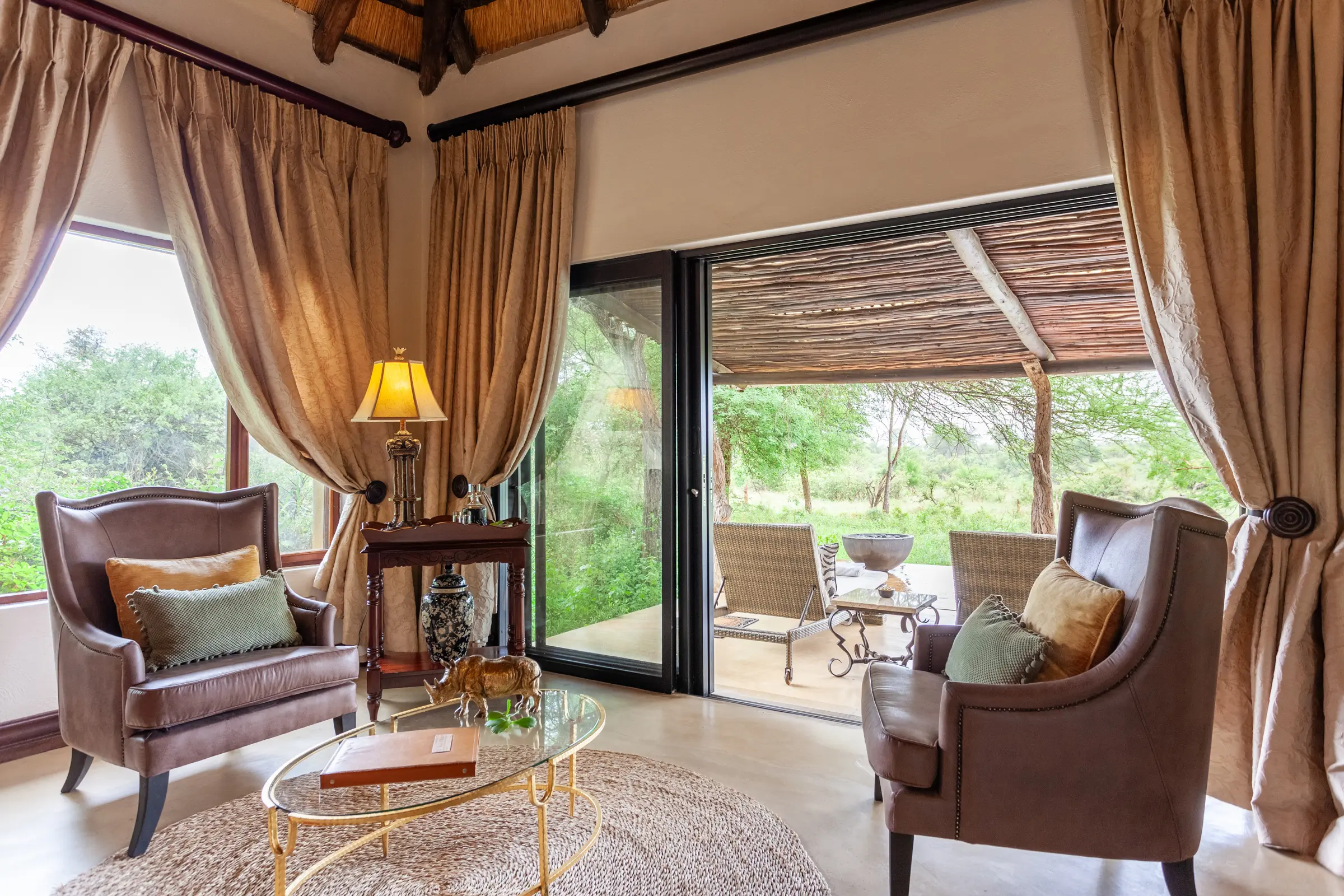Author: Kings Camp Team
Drama of the Dry Season
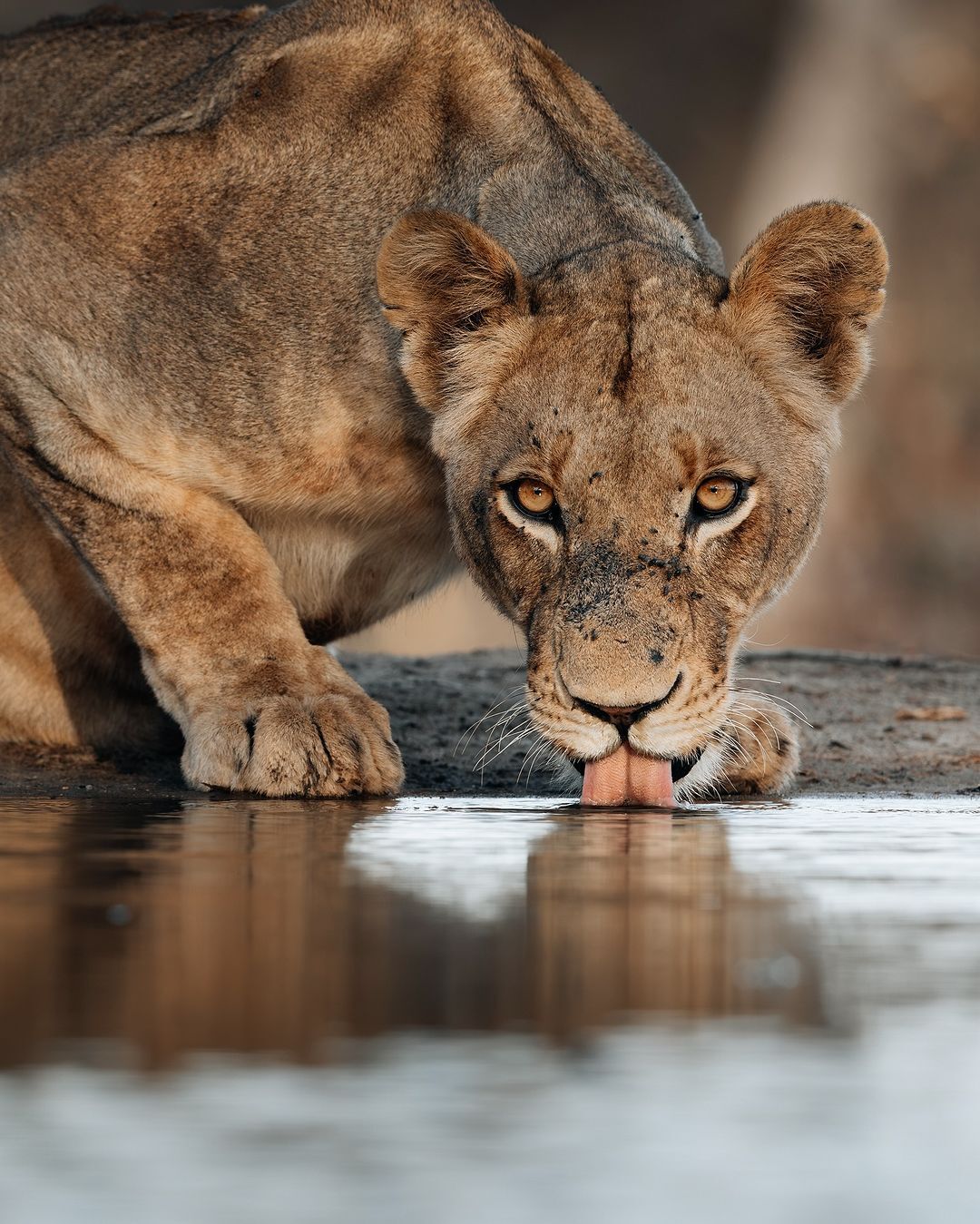
Celebrating South African Heritage Month
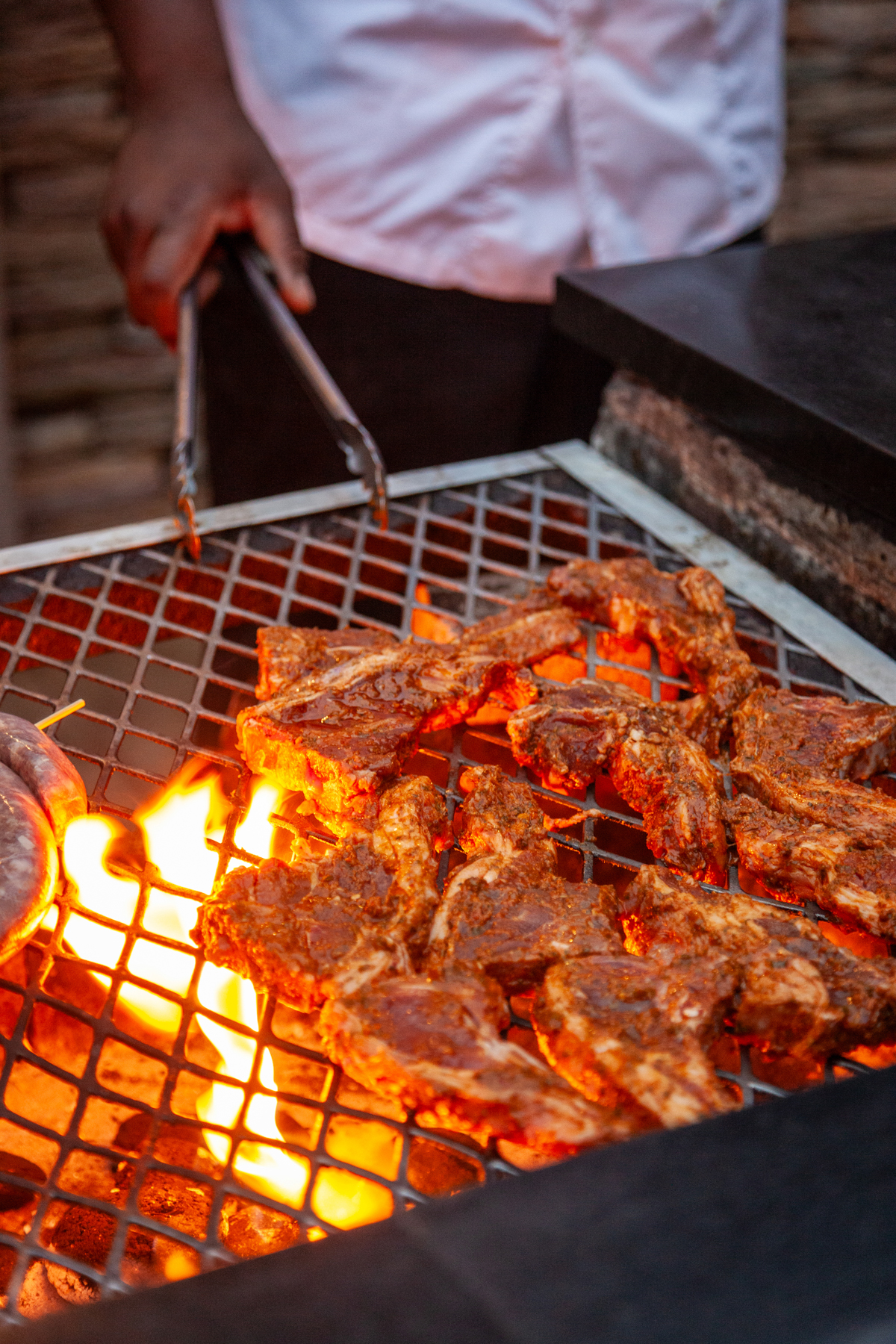
Spotlight: The New Dining Spaces at Kings
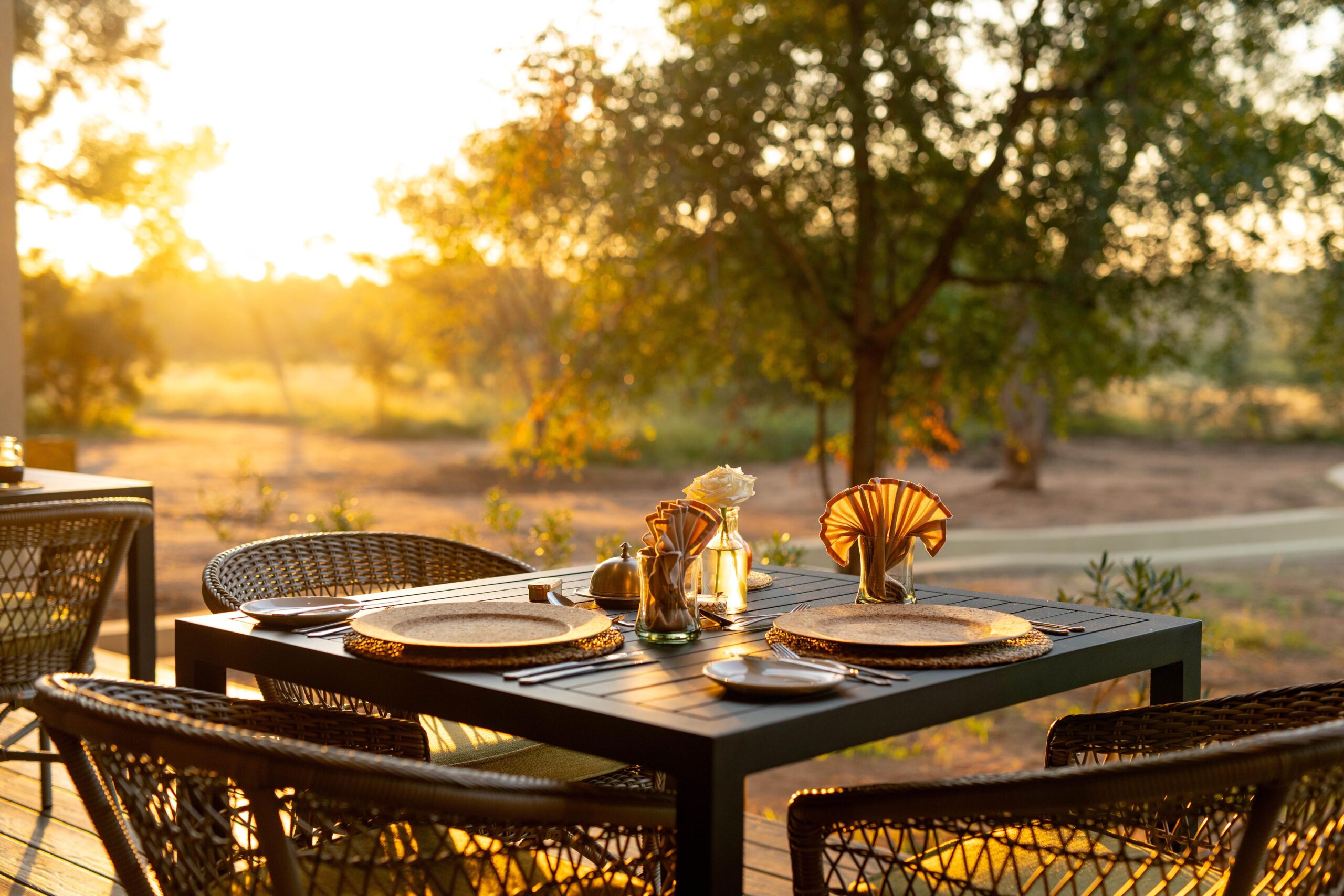
Spotlight: The Observation Lounge & Photographic Studio
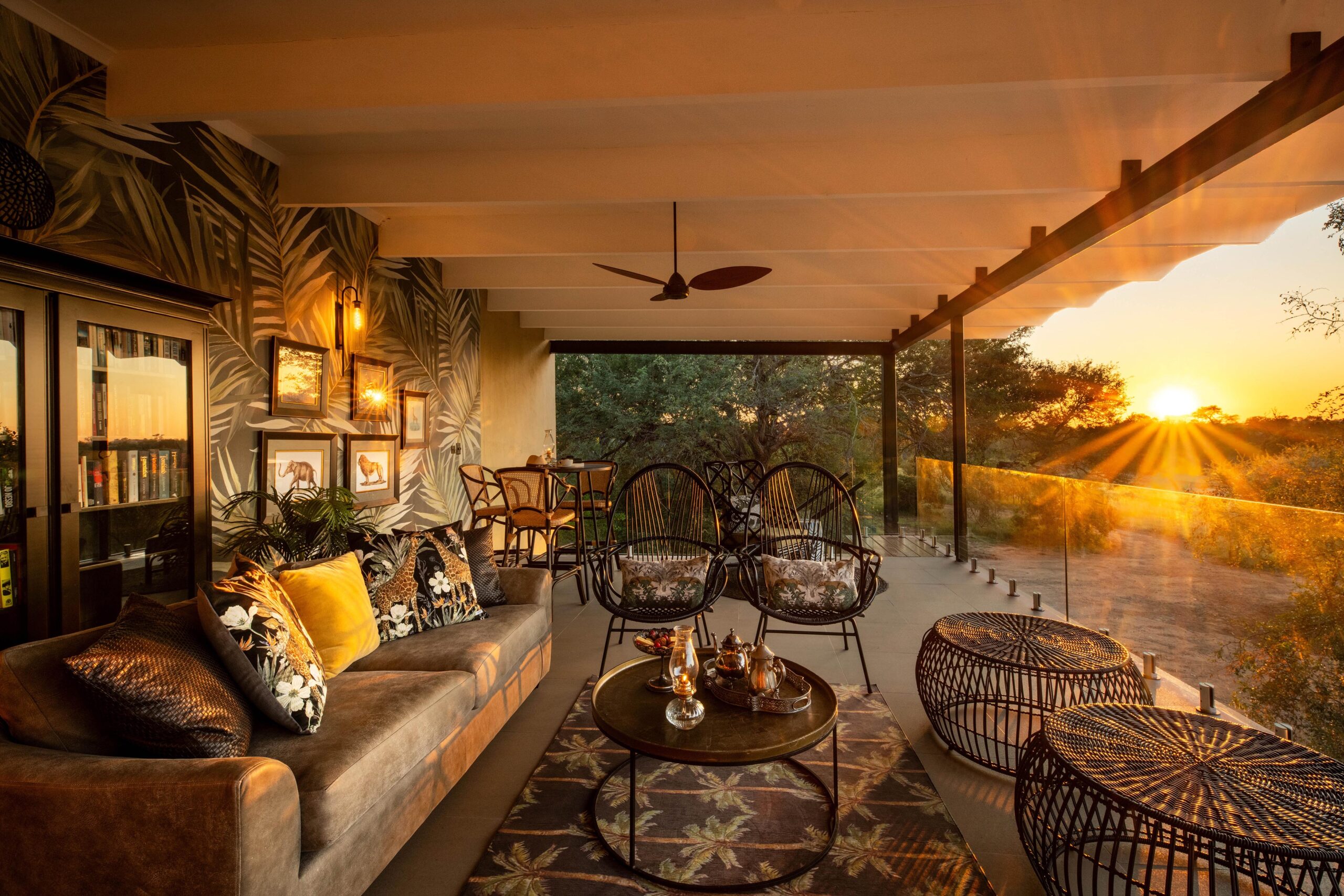
Game Viewing From Kings Camp
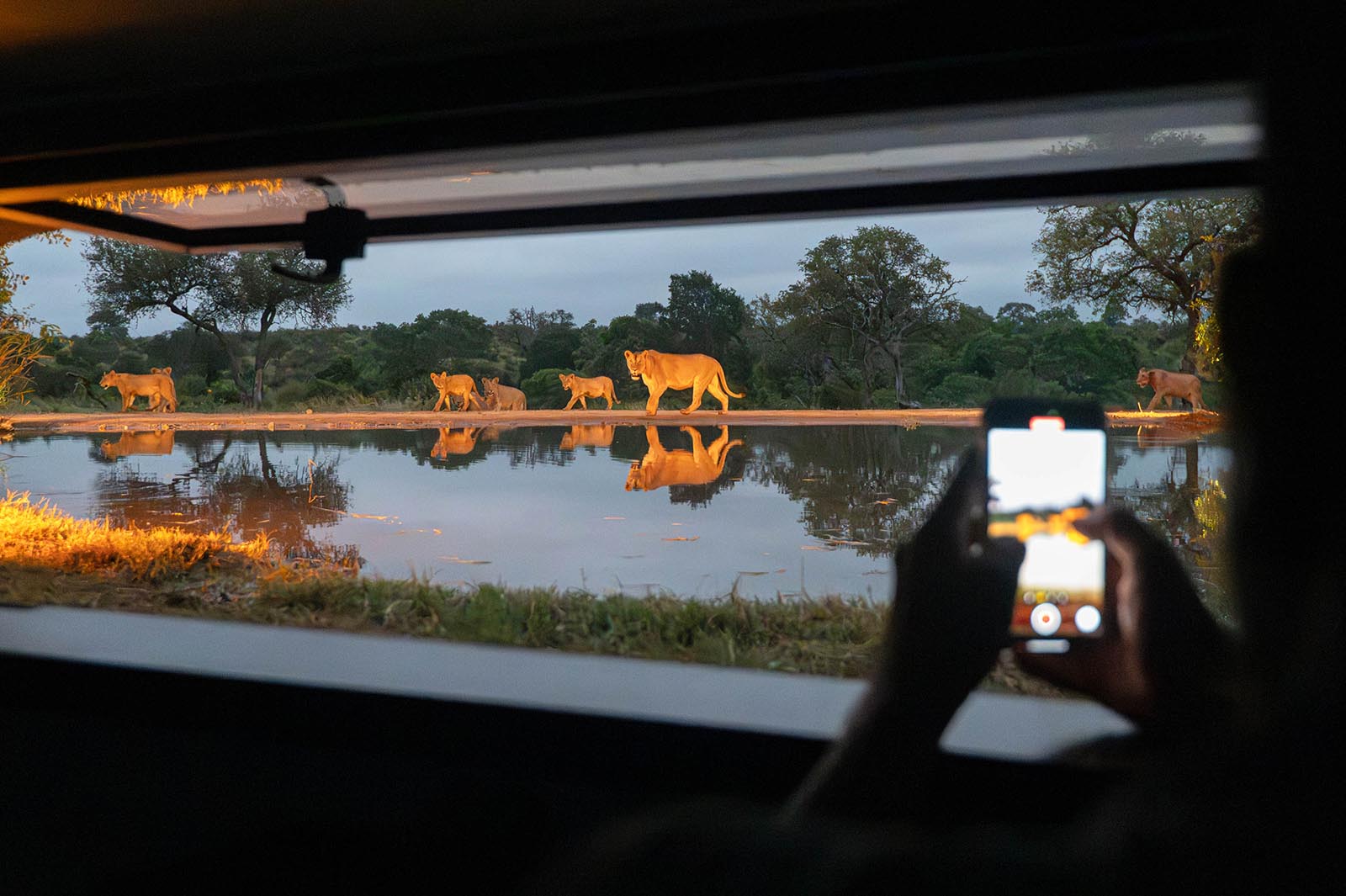
2025 Refurb Reveal
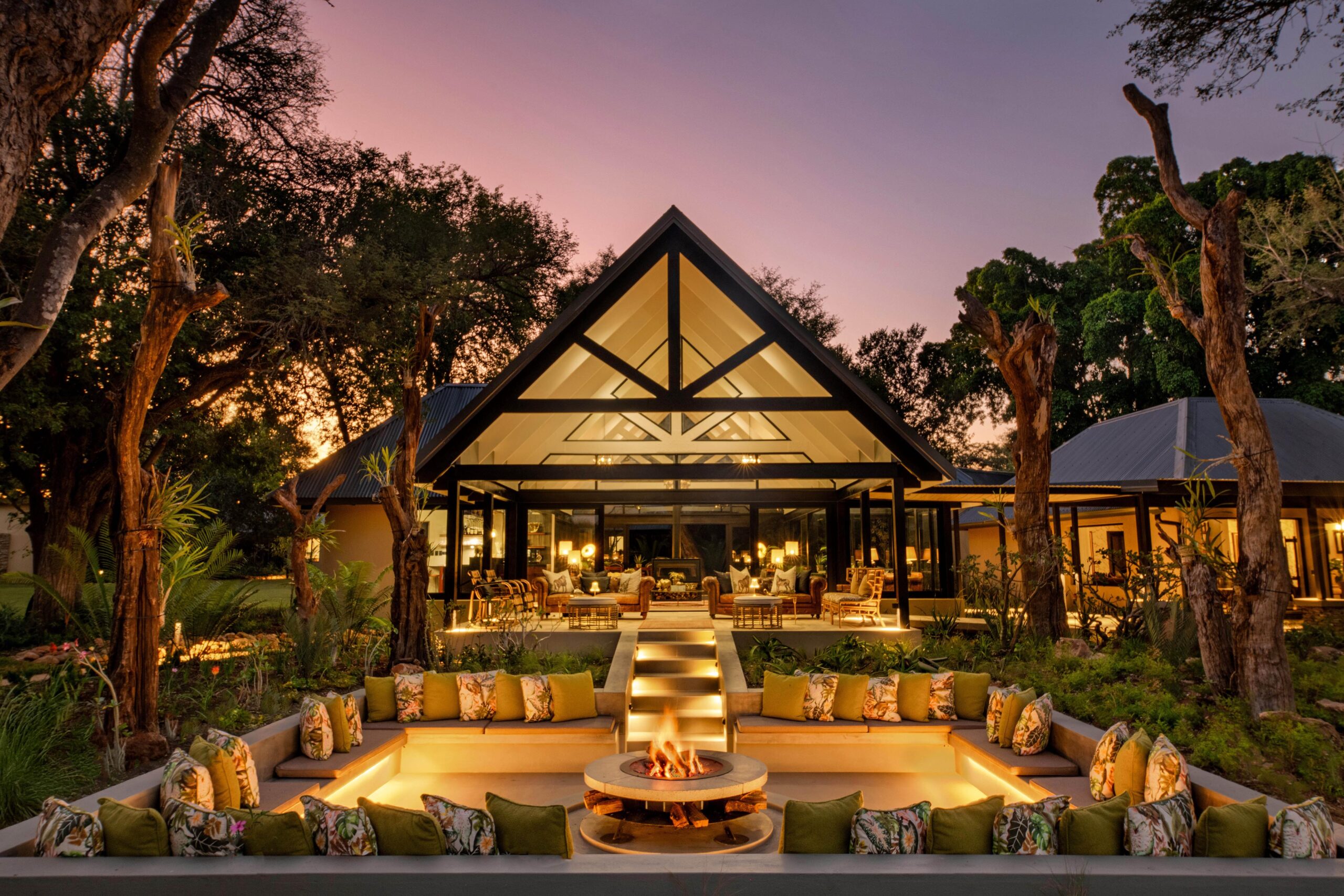
Earth Month
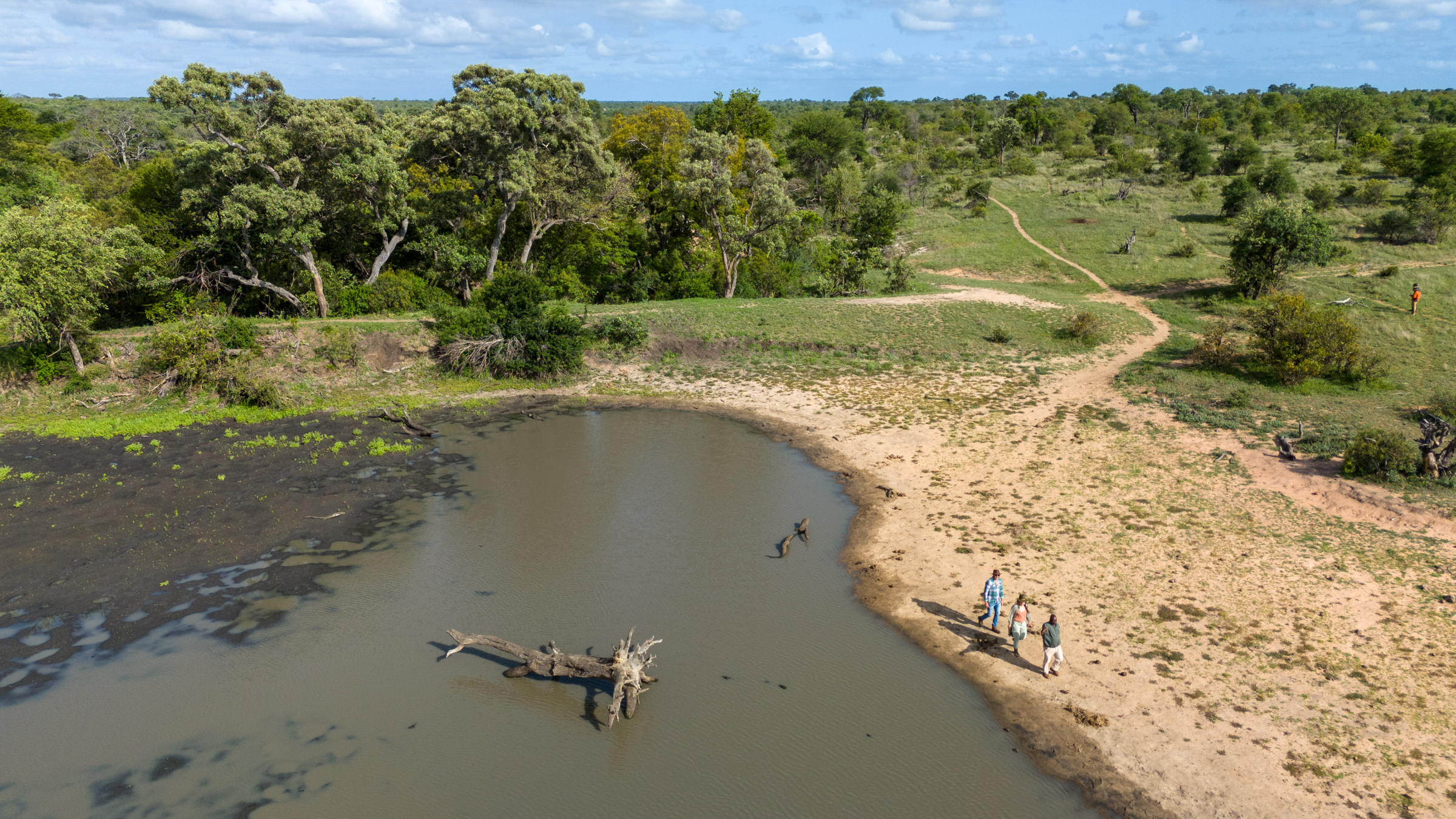
Updates From The Kings Warren
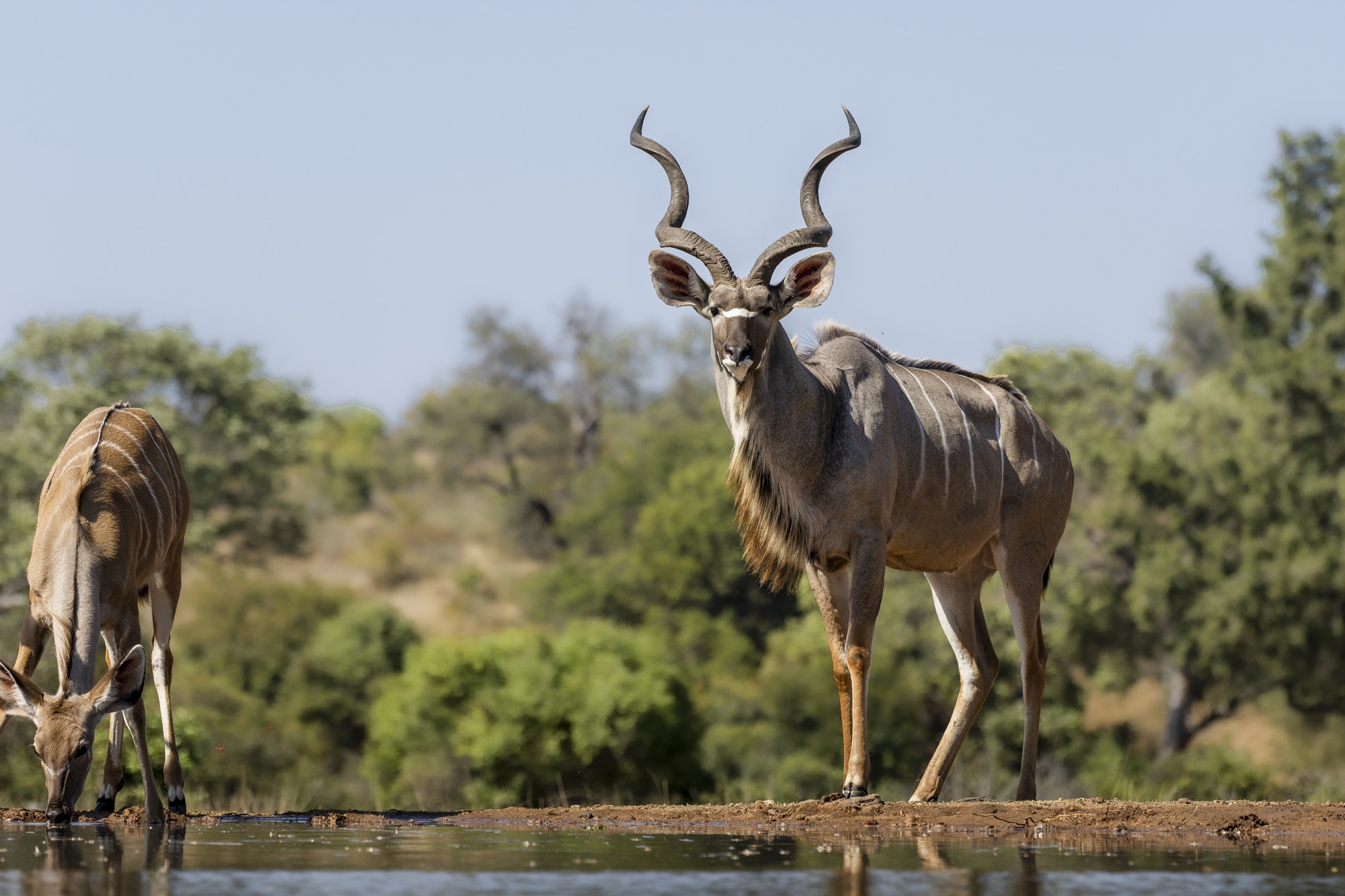
Birding at Kings Camp
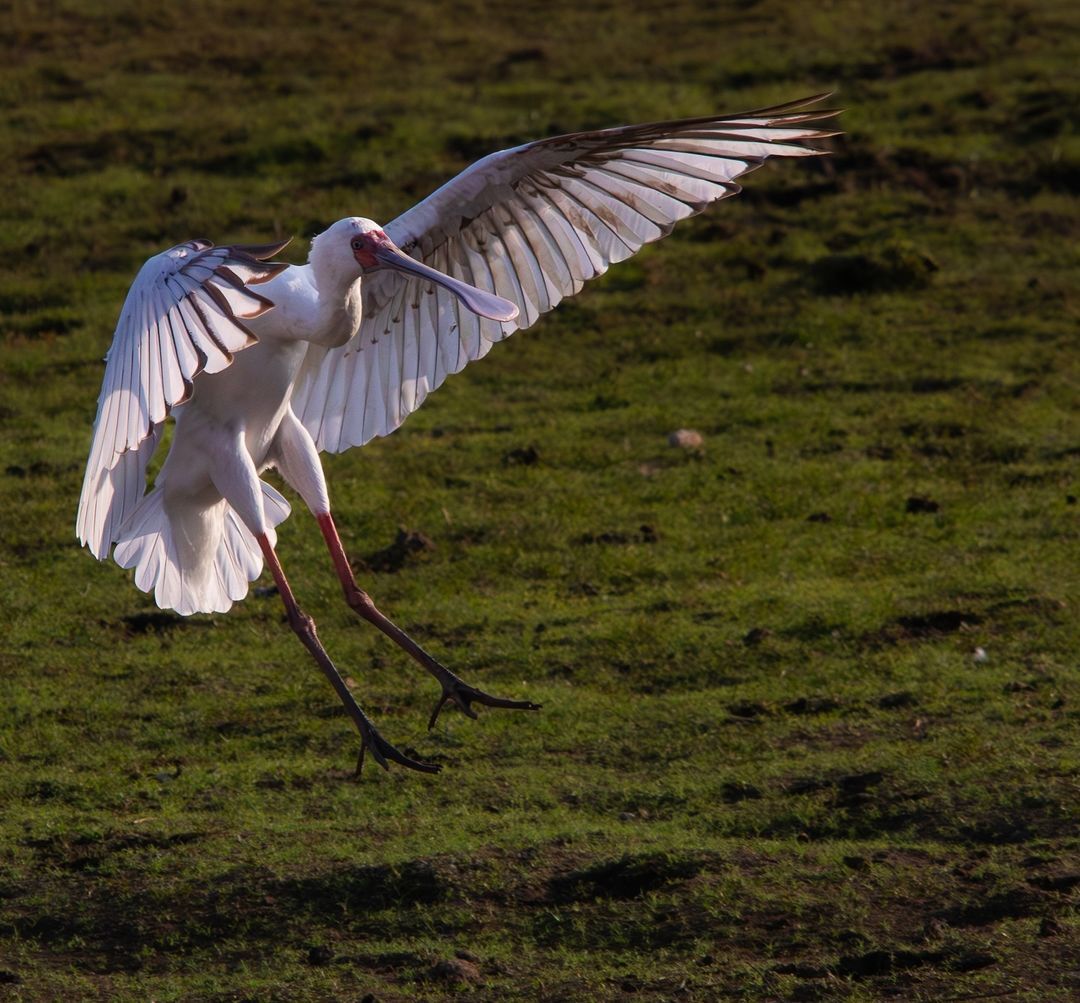
Updates from Kings Warren Wildlife Hide
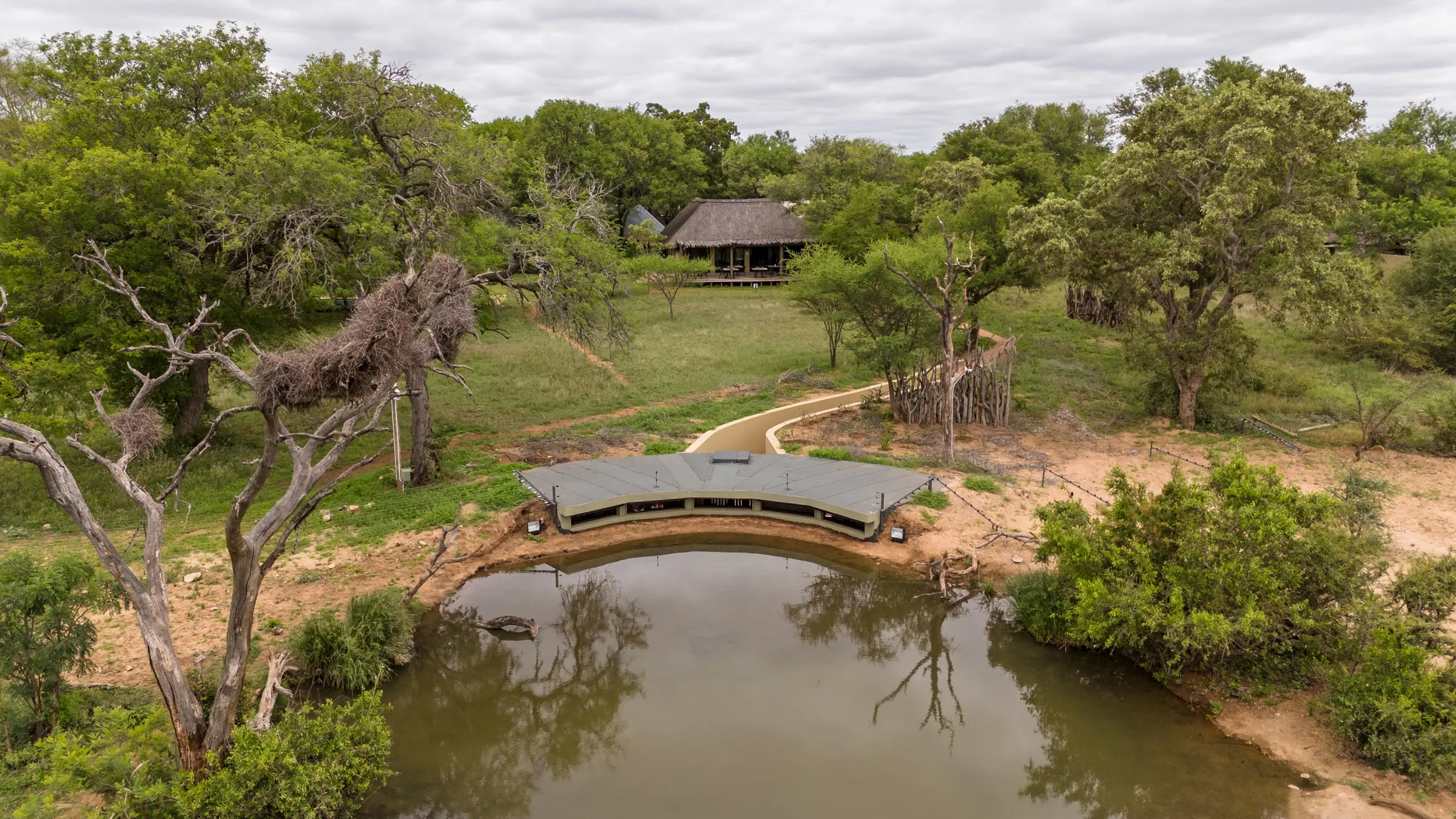
South Africa Honeymoon Safaris
